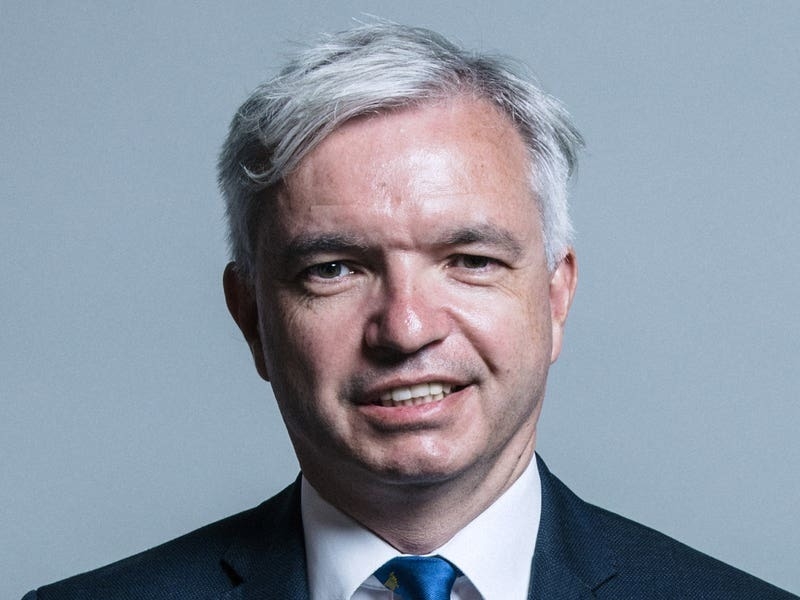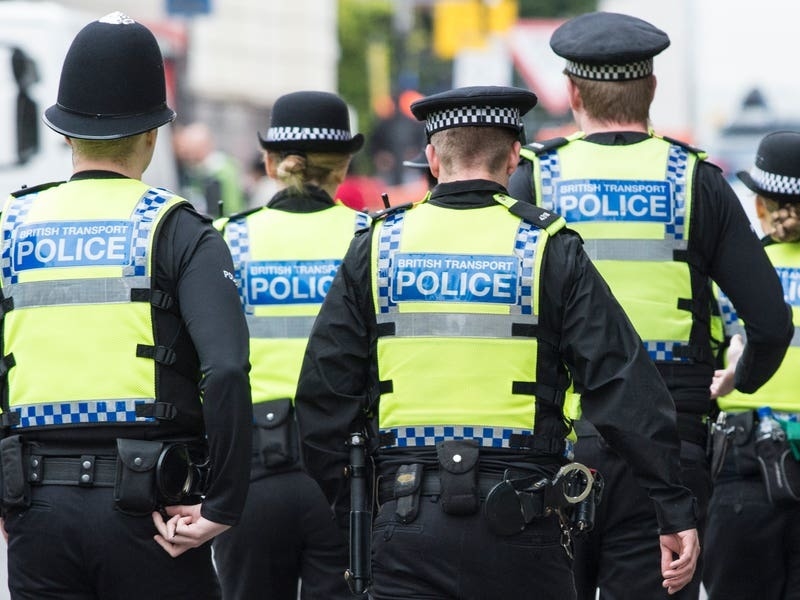From Barrie Bertram.
I REFER to Astrid Kisch’s letters of 9 and 21 July.
In the first one, she chides the British for not knowing enough of European history, and she may be partially correct.
However, in her second, she possibly demonstrates a lack of knowledge with regards to Brit-ish history when she implies that Britain (I’ll include Ireland here) has never experienced war on its own soil.
It is a statement that ignores the Wars of the Roses, the English Civil War, and the Irish troubles, just to name a few.
Of course, we could include the shelling of English east coast towns in 1914, Zeppelin and Gotha raids later on, and the bombs and doodlebugs from 1940 to 1945.
In referring to the EU, when first formed, borders existed, not least the one between East and West Germany. Since then, German reunification coupled with European enlargement has taken place, yet borders between the enlarged EU and ‘the rest’ remain.
They may not be as natural as is the sea around Britain, but both the sea and rivers forming borders can still be crossed by determined amphibious forces.
Looking at today’s disputes, we should not be seduced by nice lines drawn on a map. The border for Britain, and Europe for that matter, may be considered as the battle-line between Nato and Taliban forces in Afghanistan.
One shares Mrs Kisch’s concern of snuggling up as Uncle Sam’s poodle, not least with the current administration still in place. However, for 60 years, the American contribution to Nato has been welcomed in Europe, the Marshall Plan helped Europe recover far more quickly than it might have done otherwise, and the Americans, along with the British and French, in the airlift organised in response to Soviet Russia’s blockade, ensured that the Berliners would not starve in 1948/9.
Mrs Kisch makes her point that Britain should retain its independence and trade with whom it chooses. It is a valid point, and one shared by many voters in Britain today, one that they would have gladly addressed in a referendum, given the chance. In the only opportunity in 1975 when the British voted upon membership of the EEC, a loss of independence was not on the agenda, although trading was.
Finally, in attempting to answer her questions, I run the risk of flag-waving. To question one, Great Britain is first and foremost a sovereign state whose head of state is the Queen, and not some European non-entity who would like to see Irish referendums re-run ad nauseam until they give the ‘right’ answer.
To question two, Jersey has economically survived down the centuries, irrespective of being a Crown dependency. I do not see the need to consider such survival as a determinant of independence — and in any case, what justifies the final doom-laden sentence ‘We must decide on this before it’s too late’? If Jersey’s independence has to be decided upon, she will discover that her ‘we’ includes me!
22 Hornby Road,
Caton,
Lancs.






